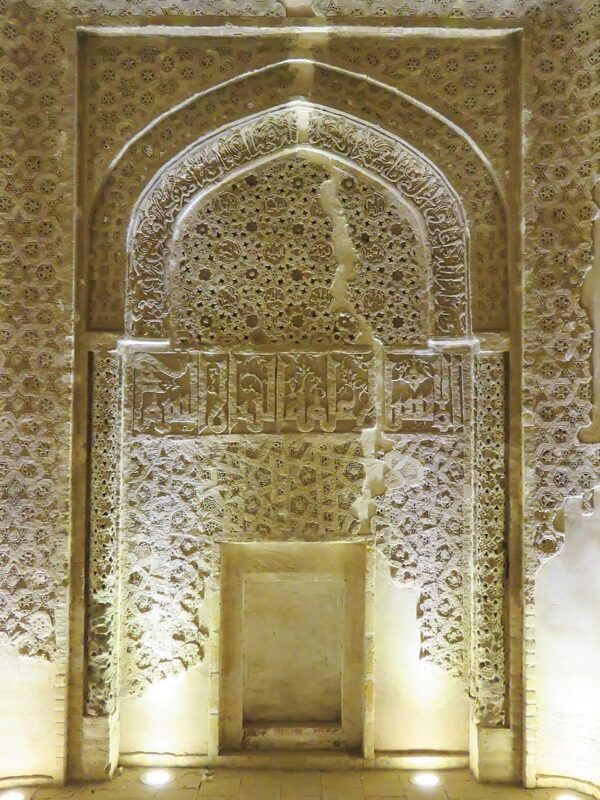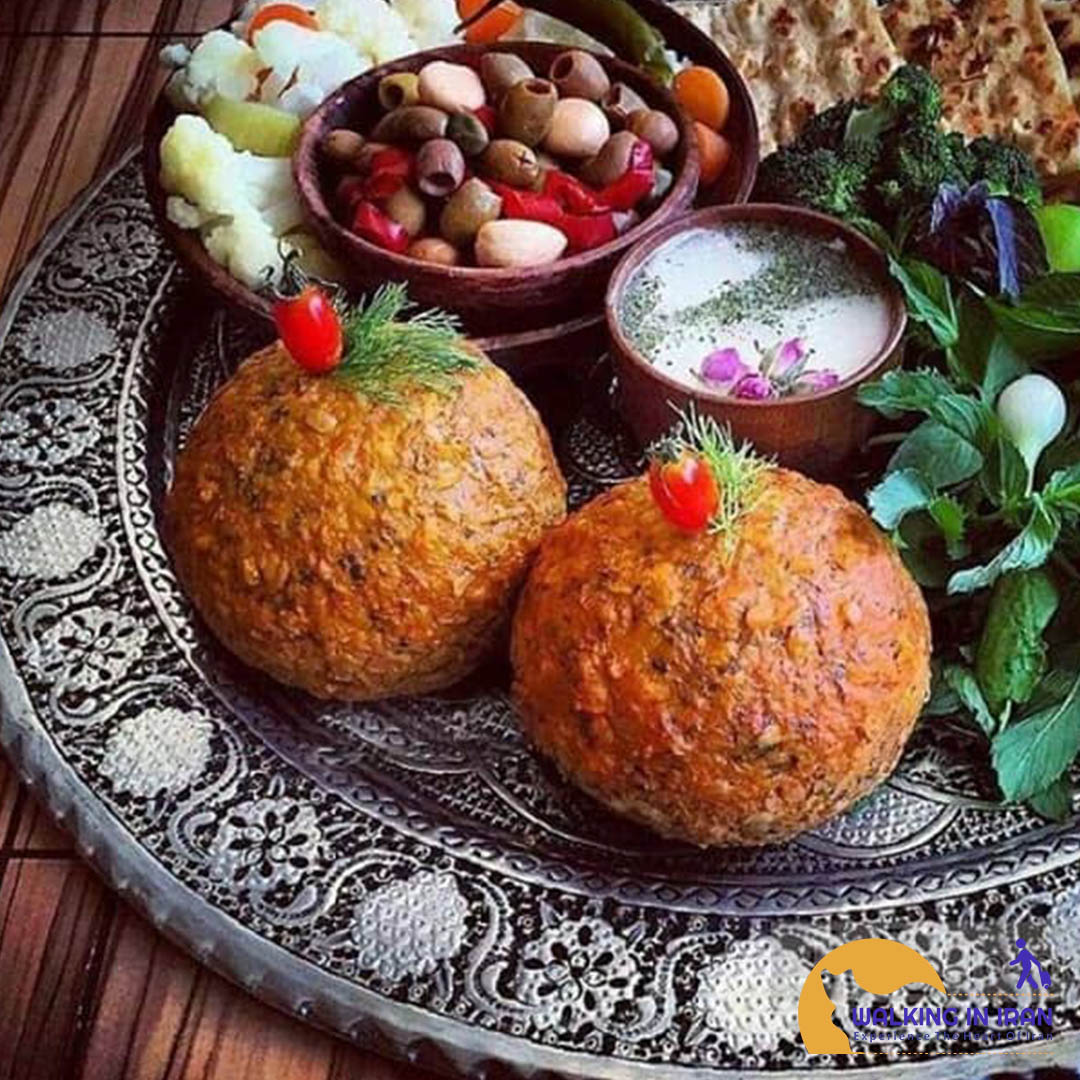Tomb of Salar Reza and Khwaja Atabek: two shining gems in the history and culture of Kerman
The tomb of Salar Reza in the village of Garm Salar Reza in Jiroft and the tomb of Khajeh Atabek in Shah Bazar neighborhood of Kerman, as if two shining jewels shine in the history and culture of Kerman. Each of these buildings tells a story of the past glory, the taste of Iranian architects, and the customs of Kerman people.
Tomb of Salar Reza:
Related to the Safavid period: This tomb was built during the reign of Shah Abbas Safavid by the order of one of his generals named Salar Reza. It seems to be a relic of the power and authority of the Safavid dynasty.
Porch architecture style: this tomb with porch architecture and brick and tile decorations is an example of the beauty and elegance of Iranian architecture in the Safavid period. It is as if you have a painting of the art and architecture of that era in front of you.
Salar Reza Mausoleum: This tomb is the burial place of Salar Reza, Sardar Rashid and the devoted Shah Abbas Safavi. It is as if the tomb of this general is a reminder of the bravery and sacrifices of Iranians throughout history.
Tomb of Khwaja Atabek:
Related to the end of the 6th century Hijri: This tomb was built at the end of the 6th century Hijri during the Seljuk dynasty. It is like a treasure of the history and culture of this ancient land.
Seljuk architectural style: this tomb with Seljuk architectural style and brick and plaster decorations is an example of the taste of Iranian architects in that era. It is as if it is a window to the art and architecture of the Seljuk era.
Tomb of Khwaja Atabek Alaeddin Bezgosh: This tomb is the burial place of Khwaja Atabek Alaeddin Bezgosh, one of the elders and mystics of the Seljuk era. It is as if the tomb of this pious mystic is a reminder of the spirituality and mysticism of Iranians throughout history.
Both tombs:
have been registered as national works of Iran: this shows the historical and cultural importance of these two buildings.
They are an example of the architecture and art of their time: as if traveling through time and familiarizing themselves with Iranian art and architecture in different periods.
An attractive destination for tourists interested in history and culture: every year they attract many tourists from all over Iran and the world.
Tomb of Salar Reza and Khwaja Atabek




Join The Discussion